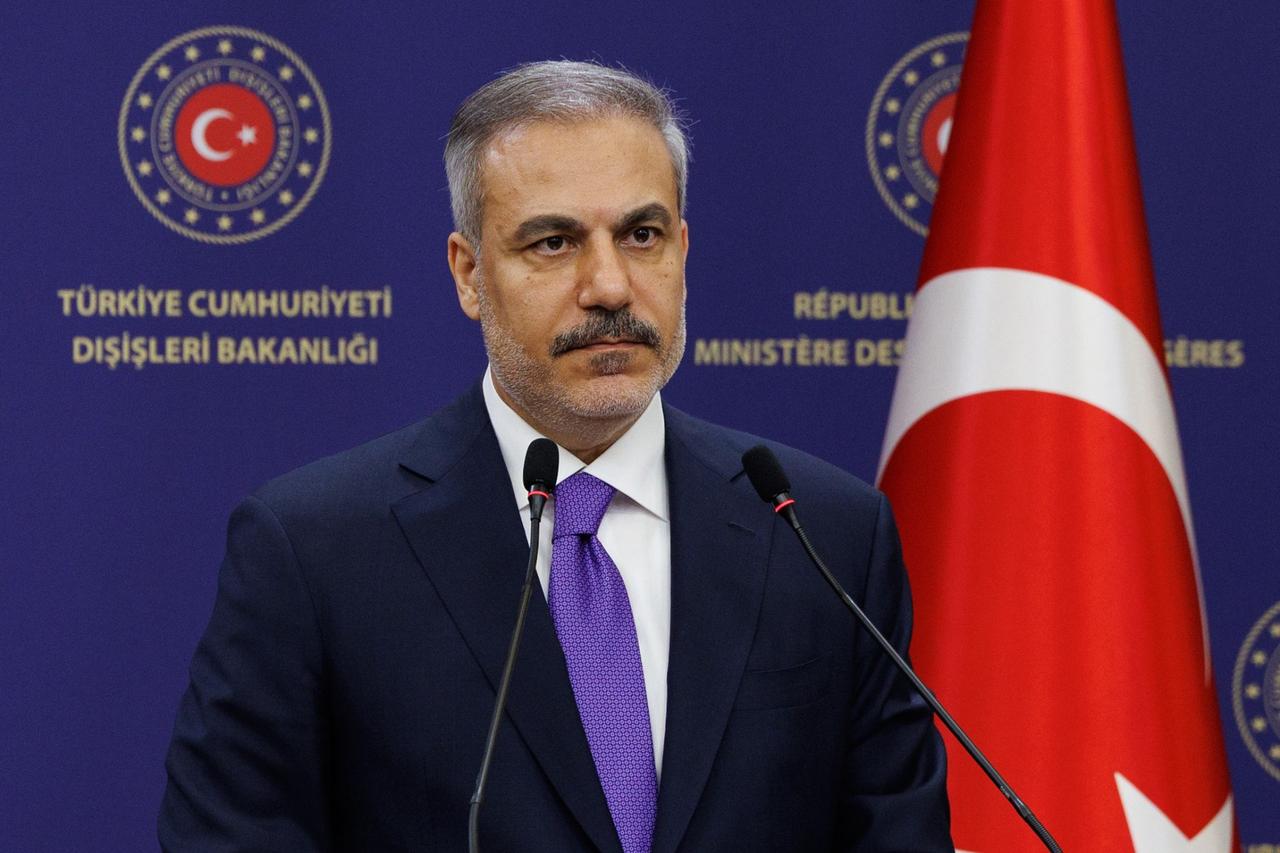
Foreign Minister Hakan Fidan accused the YPG of playing a "spoiler role" in Syria and failing to integrate into the country's new system during a joint press conference with Syrian Foreign Minister Asaad Hassan al-Shaibani in Ankara.
Fidan stated that the YPG, which Türkiye considers the Syrian branch of the PKK terrorist organization, is disrupting positive developments in Syria and buying time rather than integrating into the new Syrian administration.
"We are not blind to YPG's tricks in Syria. At this point, we are beginning to see developments that we find difficult to tolerate," Fidan said.
The minister emphasized that organization members have not left Syria: "They should not think we don't see this."
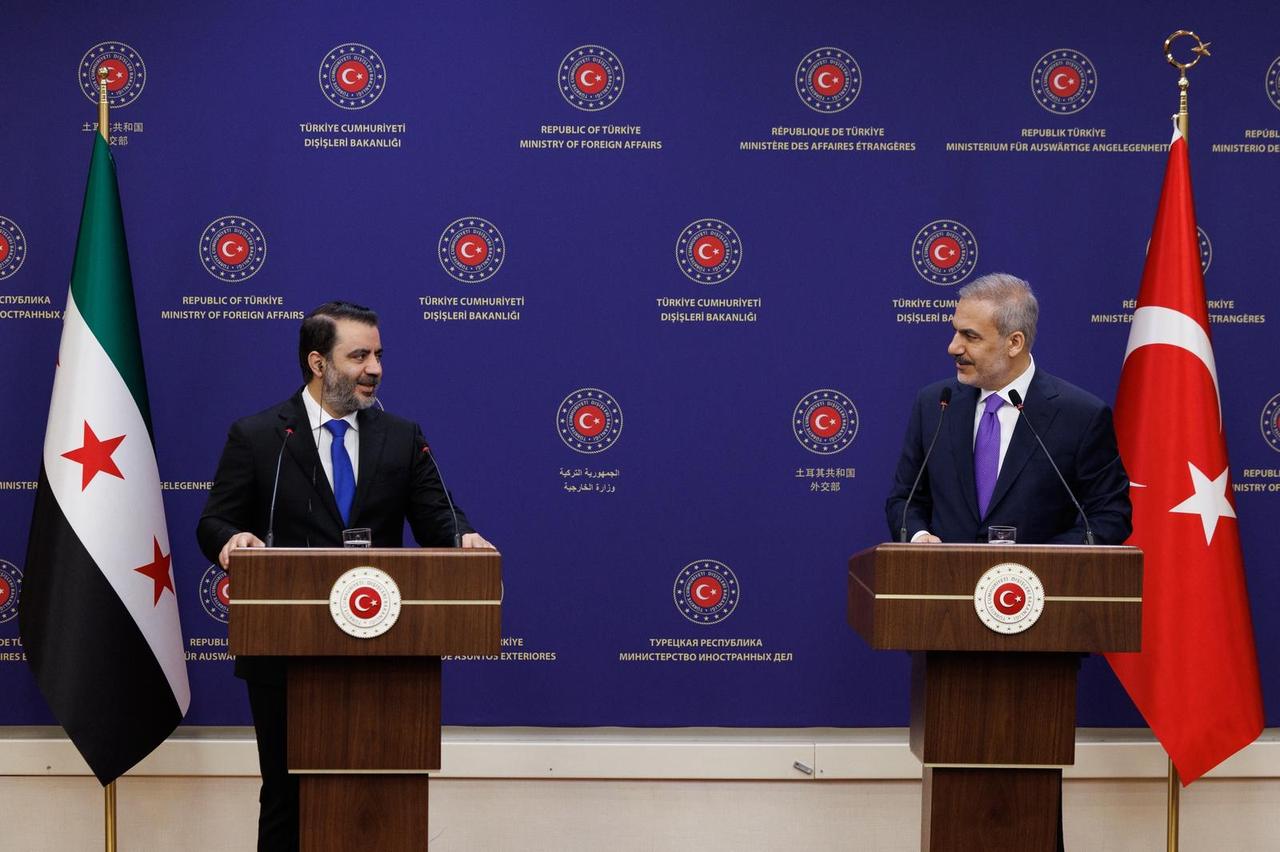
Fidan revealed that terrorist organization members from various countries have not left Syria despite agreements and ongoing processes.
"At this point, we are beginning to see developments that we find difficult to tolerate. We currently see that organization members from Türkiye, Iraq, Iran, and Europe have not left Syria. We don't see any development after March 10 or after the processes running in Türkiye that would indicate the organization has eliminated the threat from its armed movement in Syria in any positive, confidence-building way," he said.
The minister continued: "On the contrary, we see that the organization is waiting to extend its life and maximize benefits in a potential crisis through all processes, both in Damascus and Ankara. They should not think we don't see this."
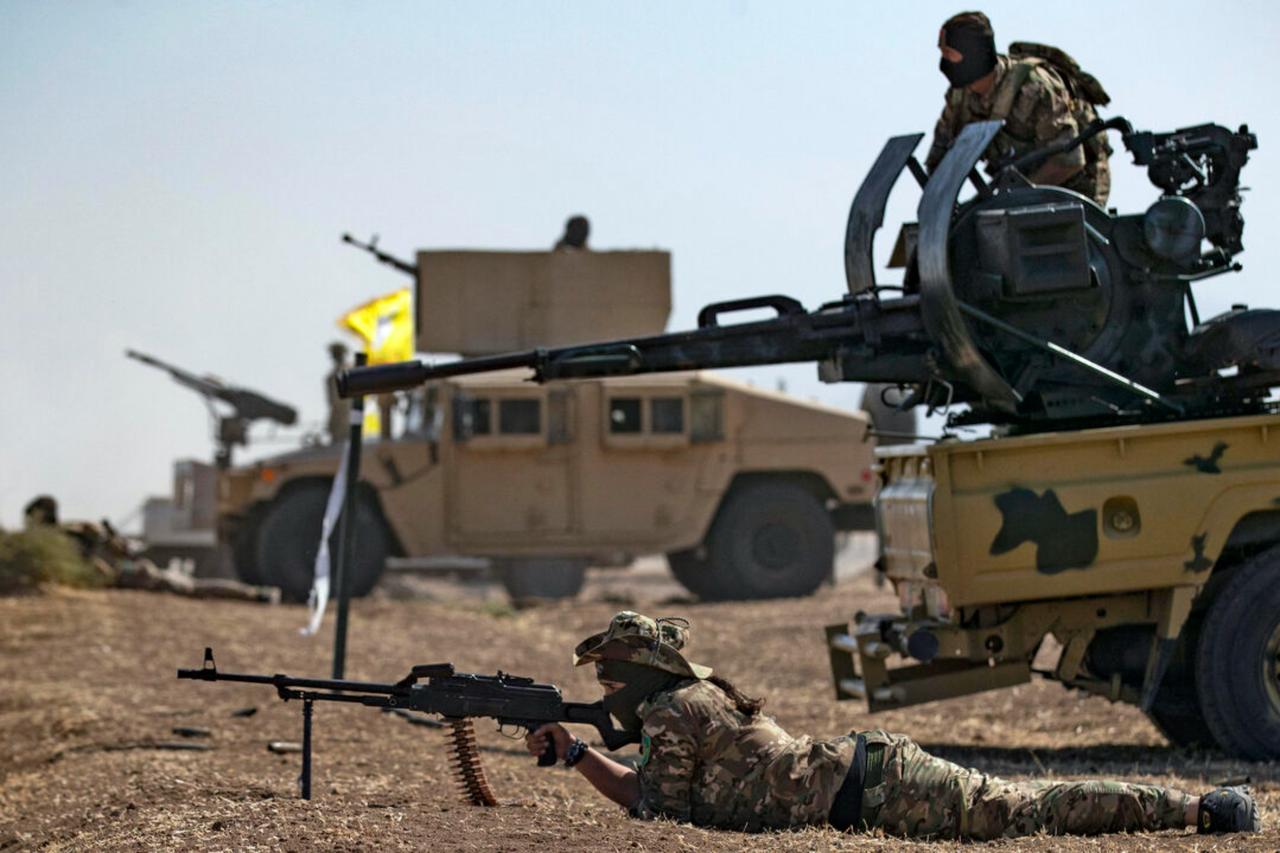
Fidan elaborated on YPG's tactics and Türkiye's position: "YPG is playing a spoiler role in Syria. It is not integrating into the system and disrupting the positive atmosphere. YPG is trying to buy time. What they are waiting for will not happen, the result they want will never emerge. YPG's position is not the right position."
He stressed Türkiye's close monitoring of the situation: "We are not blind to YPG's tricks in Syria. At this point, we are beginning to see developments that we find difficult to tolerate."
Following the fall of the 61-year Baath regime on Dec. 8, 2024, an agreement was reached on March 10 between Syrian president Ahmed al-Sharaa and SDF's Mazlum Abdi.
The agreement envisioned connecting SDF-occupied regions and infrastructure to the Damascus administration and integrating the SDF into the Syrian army. However, the agreement has not been implemented.
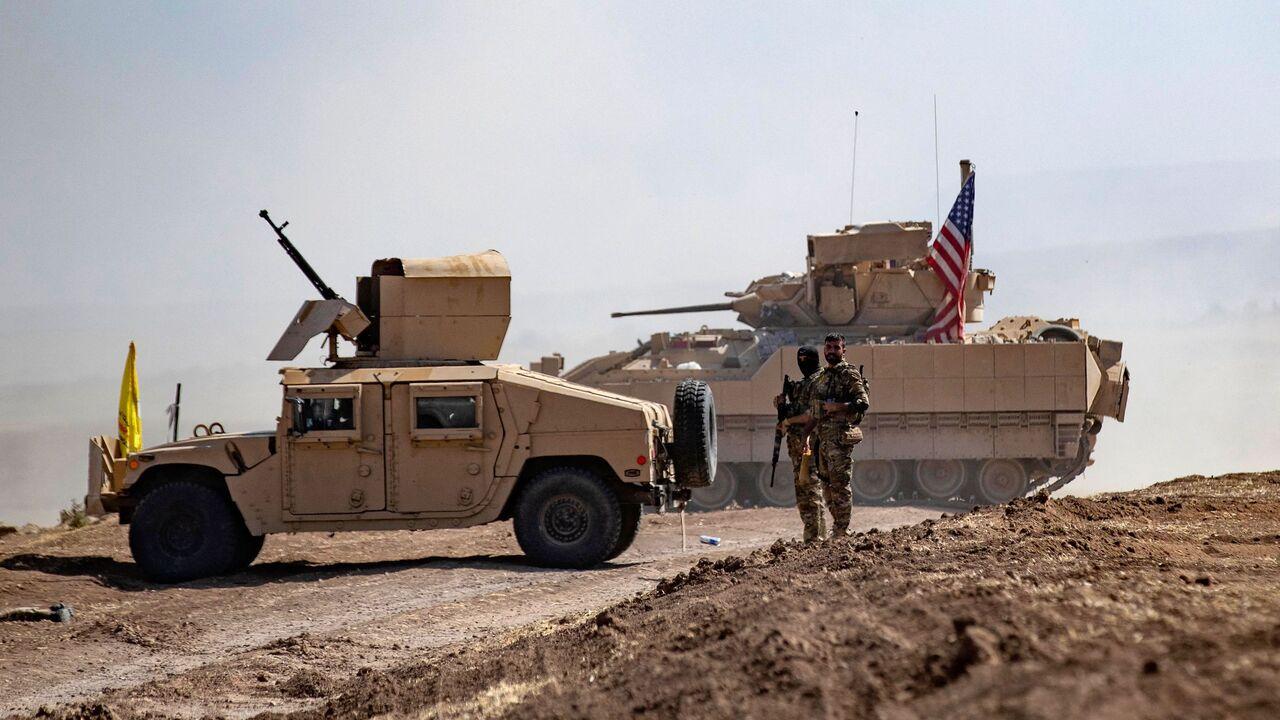
Fidan warned that Türkiye cannot remain idle if its security demands are not met in Syria.
"In an environment where Türkiye's security demands are not satisfied in Syria, we have no chance to sit comfortably here," Fidan said, noting that President Recep Tayyip Erdogan has repeatedly emphasized this point.
The foreign minister issued a direct call to the YPG: "My call to the YPG is to stop being a threat to Türkiye and the region with the terrorists they have gathered from around the world as soon as possible."
Addressing the broader regional situation, Fidan said regional conditions force countries to work together and continue close cooperation.
"The conditions of the region force us to come together. We are pleased to continue this close work," he said.
Fidan noted that after Dec. 8, a new page opened in Syria, creating hope for all of Syria. He observed that Syrians in exile and diaspora have begun returning to their homeland at a certain pace, economic investment has started flowing, infrastructure and energy tenders have begun, sanctions are being lifted, and the Syrian administration has started developing constructive, positive relationships with international actors.
"But suddenly we see that regional actors, uncomfortable with this process, have begun implementing certain actions to stop these positive developments in Syria. The events in Latakia, the movement in Sweida, YPG's spoiler role in not integrating into the system - it seems like it will be difficult for this positive page opened in Syria to proceed as people hoped.
There is a challenge here, but what falls to us is to define this difficulty very well and try to solve these problems peacefully by taking measures accordingly and establishing cooperation," Fidan stated.
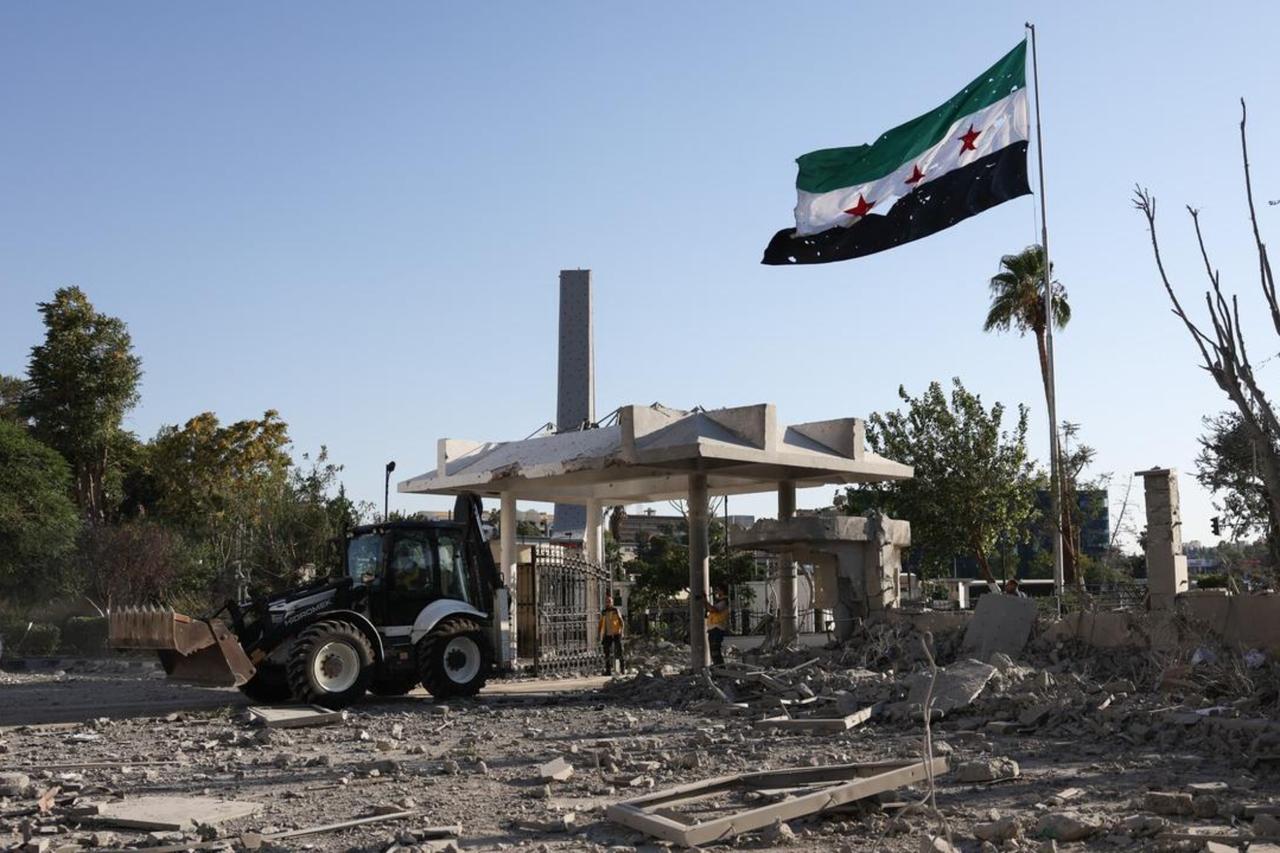
Fidan identified Israel as a major factor in regional instability, particularly regarding events in Sweida.
"(Regarding events in Sweida) Israel has become one of the biggest actors in this dark picture," he assessed.
He emphasized that Syria constitutes one leg of Israel's expansionist policies in the region.
"My advice to the Israeli administration and people is that your security does not come from chaos in your neighboring countries. On the contrary, it comes from being in a prosperous, stable process. You also need to know that every step you take triggers other crises in the region. The steps they take affect not only that country but also other countries with borders," Fidan said.
Both ministers emphasized the importance of building an inclusive Syria that represents all communities.
"The new Syria should be a Syria where all peoples, beliefs, and cultures are preserved and can live together in unity. As Türkiye, we are making our suggestions in this direction," Fidan stated.
He acknowledged that the Syrian government shares this view and stance, though certain issues may take time to implement.
"There are some difficulties in reality, implementing certain things can take time. The biggest priority is ensuring the people's safety, ensuring the country's territorial integrity and sovereignty are not in trouble; political institutions need to stand up, institutions that serve the people also need to stand up," he said.
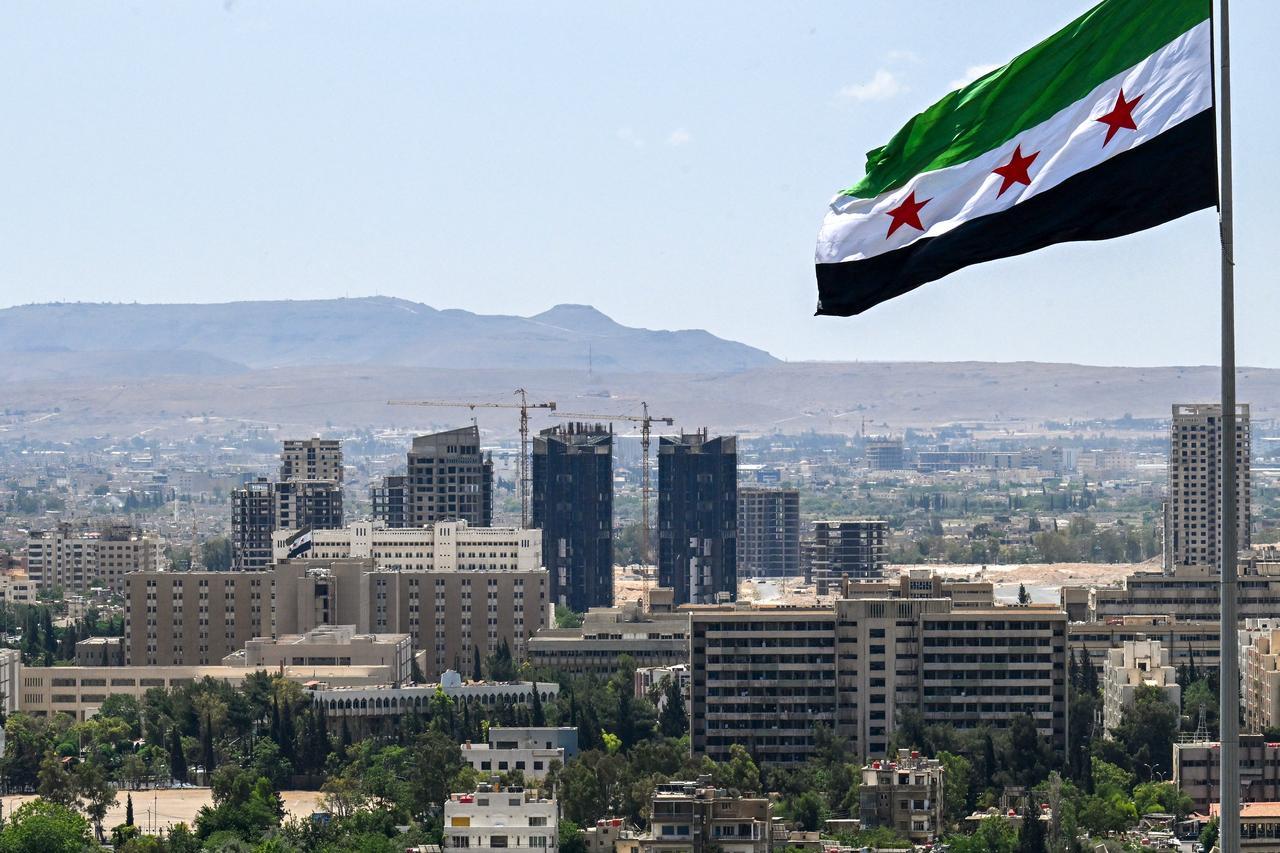
Fidan emphasized the need for international support for Syria's new administration.
"We supported the series of meetings held in Amman after the Sweida events. We found positive the search for a peaceful solution with America, Jordan, and Syria coming together with the tribes," he said.
He stressed that everyone needs to support the process: "Not every actor in the region carries a constructive intention and vision like us; there are spoilers. At the forefront of these are the policies of the current Israeli administration."
Fidan noted that without negative external interference, Syria's wounds could heal quickly: "The new Syrian government naturally faces impossibilities. This is also a reality. But we have also seen that as long as there is no negative intervention from outside, there is a possibility that the wounds in Syria can heal quickly."
When asked about the impact of SDF not laying down arms and the failure to implement the March 10 agreement with Damascus on the "terror-free Türkiye" process, Fidan responded: "There is a new era and a new spirit in the region; there is a new era and spirit in Türkiye. We need to benefit from these. Excuse me, nobody is a fool; we are not fools. Just because we are investing goodwill in these processes doesn't mean we don't see the tricks you're putting out there. Being a great state and serving a great purpose also has rules; we're just doing that."
Syrian Foreign Minister Shaibani acknowledged the challenges, stating: "We face direct and indirect threats; there are those who want Syria divided."